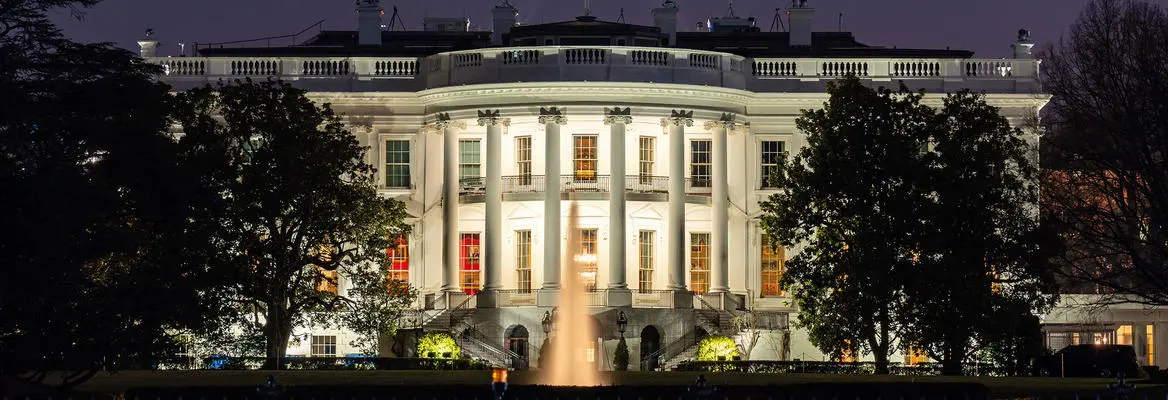The US election is seen as a battle for America's soul. But history suggests very little changes between US presidents. Foreign policy rarely aligns with campaign promises, and America's positioning on the stage of world affairs has barely shifted despite wildly different leaders in the White House. It's time to recognise power does not reside in the White House, argues Marcus Papadopoulos.
In 2008, as a writer and reporter at Tribune magazine, I contended that there would be no change whatsoever to American foreign policy in the event of Barack Obama becoming the American president. This was despite Obama’s election pledge to not involve America in the affairs of other countries. I meant that the institutions in Washington would preserve and augment America’s mastery of the international arena by pursuing a doctrine of ‘humanitarian intervention’, a cloak for American expansionism. Obama’s catastrophic interventions in Libya, Syria and Ukraine vindicated my pessimistic prediction.
On television and radio in 2016, I averred that there would be no alteration to the objectives and methods of the United States’ foreign policy should Donald Trump win the American presidency. This was despite the clear, anti-interventionist platform on which Trump ran his election campaign. Over the last four years Trump has ordered a direct military intervention in Syria on two occasions and has increased in the flow of American weaponry into Saudi Arabia to strengthen its position in its war against the people of Yemen. Further, his administration has attempted to instigate a coup in Venezuela, has waged an economic war against Iran and has assassinated Tehran’s most distinguished army commander. All of this serves to confirm what I asserted four years ago.
Now, in 2020, there is the same inexplicable forecast emanating from neo-liberal and so-called-left-wing commentators; that Joe Biden would usher in a “new and more principled American foreign policy”. One’s mind boggles at that notion. Only a commentator who was unaware of the history of US foreign policy over the last decades, of the Pax Americana, and of realpolitik in general would say this to be true.
In panel discussions and within the UK Parliamentary Press Gallery and Lobby, I have long been considered a pessimist vis-à-vis the ‘impact’ of American presidential elections on US foreign policy. My response is that I am a realist about the structures of power in the US. To be completely candid, America will remain the same old America, irrespective of who sits in the White House.
Contrary to what the US Constitution states, an American president does not wield enormous powers in practice. It has been said that David Rockefeller perceived the post of American president as a “demotion”. In truth, America is run by a permanent and, in many respects, unseen body of institutions which have no party affiliation. The Republican and Democratic parties are but a sideshow, tasked with maintaining the façade that the US is a functioning democracy.
Actual power in America, including that which determines US foreign policy, rests in the hands of historically powerful business, banking and investment oligarchies; financial elites such as Wall Street; the special services, including the Central Intelligence Agency and the National Security Agency; the military-industrial complex, including Lockheed Martin; oil and gas companies, such as ExxonMobil; giant pharmaceutical companies, such as Johnson & Johnson and Pfizer; and the information technology sector, specifically Silicon Valley and megaliths like the Microsoft Corporation.





















Join the conversation